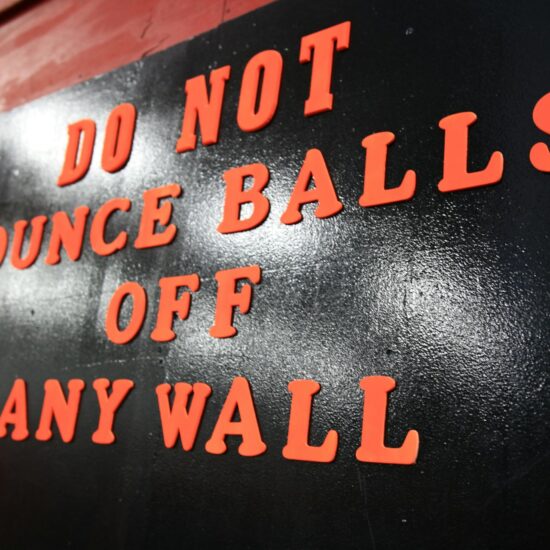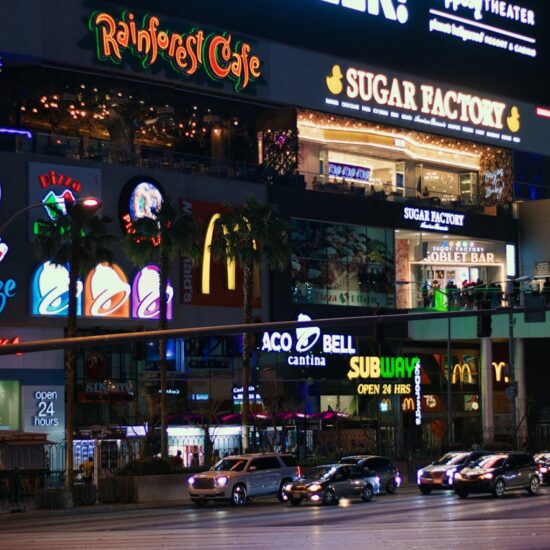Why Traditional Signage is Still Important for Hotels
In today’s digital era, the importance of traditional signage cannot be overlooked, especially in the hotel industry. Despite the rise of digital marketing, traditional signage remains a cornerstone for hotels aiming to create a strong local presence and ensure guests have a seamless experience. This article explores the enduring relevance of conventional signage and highlights its benefits for hotels, particularly in bustling cities like Houston.
Understanding Traditional Signage
Traditional signage refers to physical signs that convey information or promote a business. This includes everything from exterior signs, like those displaying the hotel’s name, to interior signs guiding guests. Houston signage, for instance, plays a critical role in helping hotels stand out in a competitive market.
The Timeless Appeal of Traditional Signage
Even as digital screens become ubiquitous, the charm and effectiveness of traditional signage remain unparalleled. For hotels, traditional signage offers several unique advantages:
- Visibility and Immediate Impact: Traditional signs are hard to miss. Whether a potential guest is driving by or walking through the hotel lobby, well-placed signage catches the eye and conveys essential information quickly.
- Brand Identity and Recognition: Consistent signage reinforces a hotel’s brand identity. Traditional signs’ design, colors, and materials can create a lasting impression, making the hotel more memorable to guests.
- Durability and Reliability: Unlike digital screens that might malfunction or require updates, traditional signs are generally more durable and need less maintenance. They are a reliable way to communicate important information 24/7.
Case Study: Houston Signage in the Hotel Industry
Houston is a prime example of a city where traditional signage significantly impacts the hotel industry. With its vibrant tourism and business sectors, Houston hotels leverage signage to capture attention and enhance the guest experience. A renowned sign company in Houston provides bespoke signage solutions, helping hotels maintain their visual identity and communicate effectively with guests.
Benefits of Traditional Signage for Hotels
Enhancing Guest Experience
Traditional signage plays a vital role in guiding guests throughout their stay. Directional signs help guests easily navigate the property, reducing confusion and improving overall satisfaction. Informational signs provide essential details, such as check-in/check-out timings or amenities listings.
Marketing and Promotion
Traditional signage is a powerful marketing tool. Special offers, events, or promotions can be displayed prominently, catching the attention of both guests and passersby. This can drive additional revenue by encouraging guests to explore hotel services they might have overlooked.
Enhancing Aesthetic Appeal
Well-designed signage adds to the aesthetic appeal of a hotel. It complements the architectural style and interior design, creating a cohesive look that enhances the overall ambiance. For instance, a luxury hotel might use elegant, understated signs, while a boutique hotel might opt for quirky, creative designs.
Integrating Traditional and Digital Signage
While traditional signage is crucial, integrating it with digital solutions can enhance its effectiveness. For instance, a digital sign can display dynamic content such as weather updates or event schedules, while traditional signs provide a permanent, reliable source of information.
Seamless Wayfinding
Combining traditional and digital signage ensures seamless wayfinding. Digital kiosks can offer interactive maps and directions, while conventional signs provide clear, constant guidance throughout the property.
Enhanced Engagement
Digital screens can engage guests with multimedia content, such as videos or animations, while traditional signage maintains the hotel’s brand identity and aesthetic consistency.
Choosing the Right Signage for Your Hotel
Selecting the right signage involves considering various factors, including location, target audience, and budget. Here are some tips for choosing effective traditional signage:
- Location and Visibility: Ensure that your signs are placed in high-traffic areas where they are easily visible. Exterior signs should be bright and noticeable, while interior signs should be strategically located.
- Design and Branding: Your hotel’s signage should reflect its branding. Use colors, fonts, and materials that align with your brand identity.
- Durability and Maintenance: Choose high-quality materials that can withstand environmental conditions. Regular maintenance ensures that your signs remain in good condition and continue to convey a professional image.
Working with a Professional Sign Company
Partnering with a professional sign company in Houston can provide valuable expertise and ensure that your signage meets high standards of quality and effectiveness. A reputable company will offer comprehensive services, from design and production to installation and maintenance.
Conclusion
In conclusion, traditional signage remains vital to a hotel’s marketing and operational strategy. It enhances visibility, reinforces brand identity, and improves the guest experience. In a city like Houston, where competition is fierce, investing in high-quality traditional signage is a smart move for any hotel looking to stand out and succeed.
Traditional signage is not just a relic of the past but an enduring and essential element of effective hotel management and marketing. By understanding its benefits and integrating it with modern digital solutions, hotels can create a cohesive and engaging environment for their guests, ensuring a memorable stay and fostering long-term loyalty.
A relative video that may interest you…






